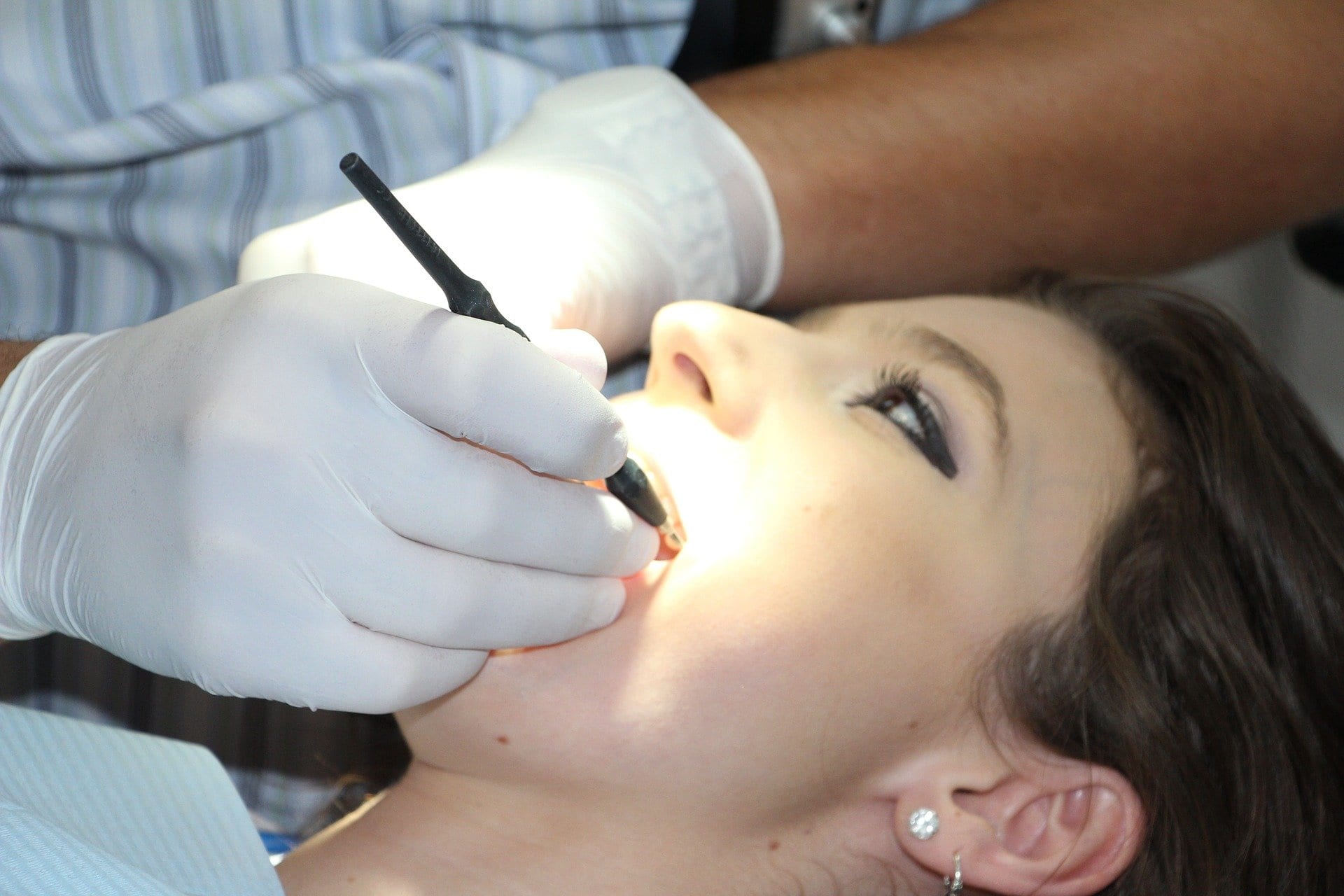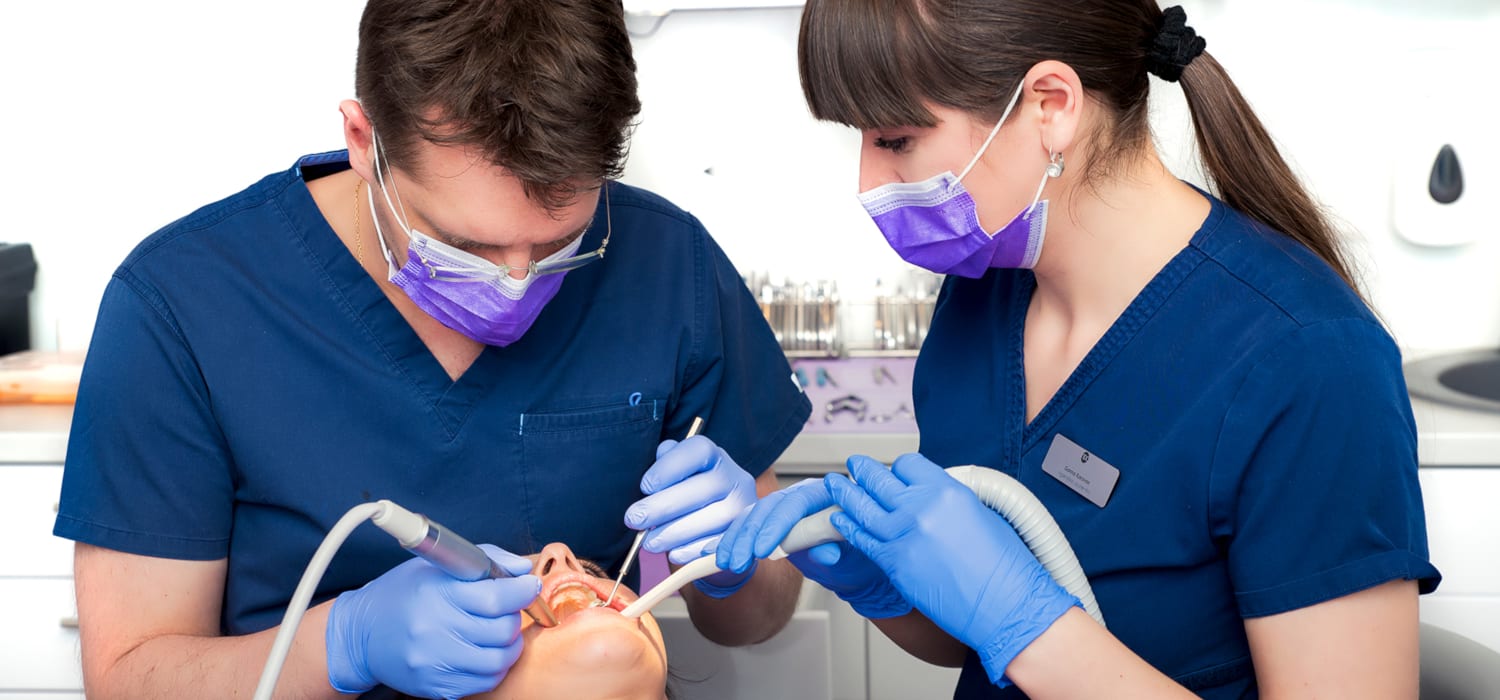
Additional education and training
When it comes to dental care, there are many different specialties within the field. While all dentists go through the same basic training and education, some may choose to pursue additional education and training to specialise in a specific area of dentistry. In this article, we will explore the various dental specialties and the additional training required to become a specialist.
Dental qualification in Poland
To become a qualified dentist in Poland, students must first undergo five years of training at university prior to beginning dental specialties training. After completing their five-year course, graduates begin a 12-month work experience program. During this time, they are only able to perform treatments under supervision. Following this, they must pass another exam in order to become fully qualified.

General dentistry
General dentistry is the most common type of dental practice and involves the diagnosis, prevention, and treatment of common dental issues. General dentists provide a wide range of services, including routine cleanings, fillings, and root canals. They also work to educate patients on good oral hygiene practices and provide preventive care to help patients maintain good dental health.
Dental specialties
Many dentists undertake dental specialties training after their qualification. Examples of specialities include:
- Anesthesiology – How to relieve pain through advanced use of local and general anaesthetic techniques.
- Dental public health – Epidemiology and social health policies relevant to oral health.
- Conservative dentistry and endodontics – Restoring the tooth form and function when destructed by carious and non-carious lesions affecting the teeth, before involvement of pulp or root canal is termed as conservative dentistry. When the root canal is involved, the speciality is known as endodontics.
- Endodontics (also called endodontology) – Endodontics is the specialty of dentistry that focuses on the diagnosis and treatment of issues related to the dental pulp and roots of the teeth. Endodontists perform root canal procedures to save teeth that would otherwise need to be extracted. In addition to a dental degree, endodontists must complete an additional two to three years of specialised training in endodontics.
- Forensic odontology – Gathering and use of dental evidence in law. This may be performed by any dentist with experience or training in this field. The function of the forensic dentist is primarily documentation and verification of identity.
- Geriatric dentistry or Geriodontics – The delivery of dental care to older adults involving the diagnosis, prevention, and treatment of problems associated with normal aging and age-related diseases as part of an interdisciplinary team with other health care professionals.
- Oral and maxillofacial pathology – The study, diagnosis, and sometimes the treatment of oral and maxillofacial related diseases.
- Oral and maxillofacial radiology – Radiologic interpretation of oral and maxillofacial diseases.
- Maxillofacial surgery (also called oral surgery) – Oral and maxillofacial surgery is the specialty of dentistry that focuses on surgical procedures of the mouth, face, and jaws. Oral and maxillofacial surgeons may perform procedures such as wisdom teeth removal, jaw reconstruction, and treatment for facial injuries. In addition to a dental degree, oral and maxillofacial surgeons must complete an additional four to six years of specialised training in oral and maxillofacial surgery.
- Oral biology – Research in dental and craniofacial biology.
- Implantology – Replacing extracted teeth with dental implants.
- Oral medicine – The clinical evaluation and diagnosis of oral mucosal diseases.
- Orthodontics and dentofacial orthopedics – Orthodontics is the specialty of dentistry that focuses on the correction of irregularities of the teeth and jaws. Orthodontists use braces, clear aligners, and other appliances to straighten teeth and correct bite issues. In addition to a dental degree, orthodontists must complete an additional two to three years of specialised training in orthodontics.
- Pediatric dentistry (also called pedodontics) – Pediatric dentistry is the specialty of dentistry that focuses on the oral health of children from infancy through adolescence. Pediatric dentists provide specialized care to children, including preventive care, restorative procedures, and treatment for dental issues related to growth and development. In addition to a dental degree, pediatric dentists must complete an additional two to three years of specialised training in pediatric dentistry.
- Periodontology (also called periodontics) – Periodontics is the specialty of dentistry that focuses on the diagnosis and treatment of issues related to the gums and supporting structures of the teeth. Periodontists treat conditions such as gum disease and may perform procedures such as scaling and root planing and gum grafts. In addition to a dental degree, periodontists must complete an additional two to three years of specialised training in periodontics.
- Prosthodontics (also called prosthetic dentistry) – Dentures, bridges and the restoration of implants. Some prosthodontists further their training in “oral and maxillofacial prosthodontics”, which is the discipline concerned with the replacement of missing facial structures, such as ears, eyes, noses, etc.
- Special needs dentistry (also called special care dentistry) – Dentistry for those with developmental and acquired disabilities.
- Veterinary dentistry, a speciality of veterinary medicine – The field of dentistry applied to the care of animals.
Dental specialties offer a wide range of specialized care and treatment options for patients. While all dentists go through the same basic training and education, those who choose to specialize must complete additional education and training to become experts in their field. If you are in need of specialised dental care, it is important to find a qualified specialist who has the knowledge and experience to provide the best possible care. Whether you are seeking orthodontic treatment, endodontic therapy, periodontal care, oral surgery, or pediatric dentistry, there is a specialist who can help you achieve your dental health goals.
The training to become a specialist dentist in Poland is very high and does not come without cost to health and well-being. Dentists are prone to many health problems and often spend a considerable portion of their career in pain and discomfort. Read this article about the Hazards in modern dentistry for further information.